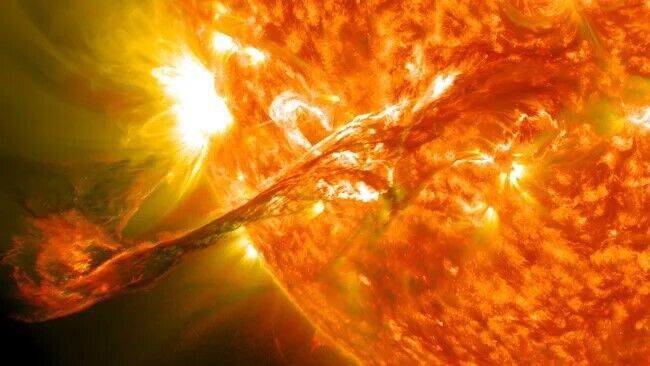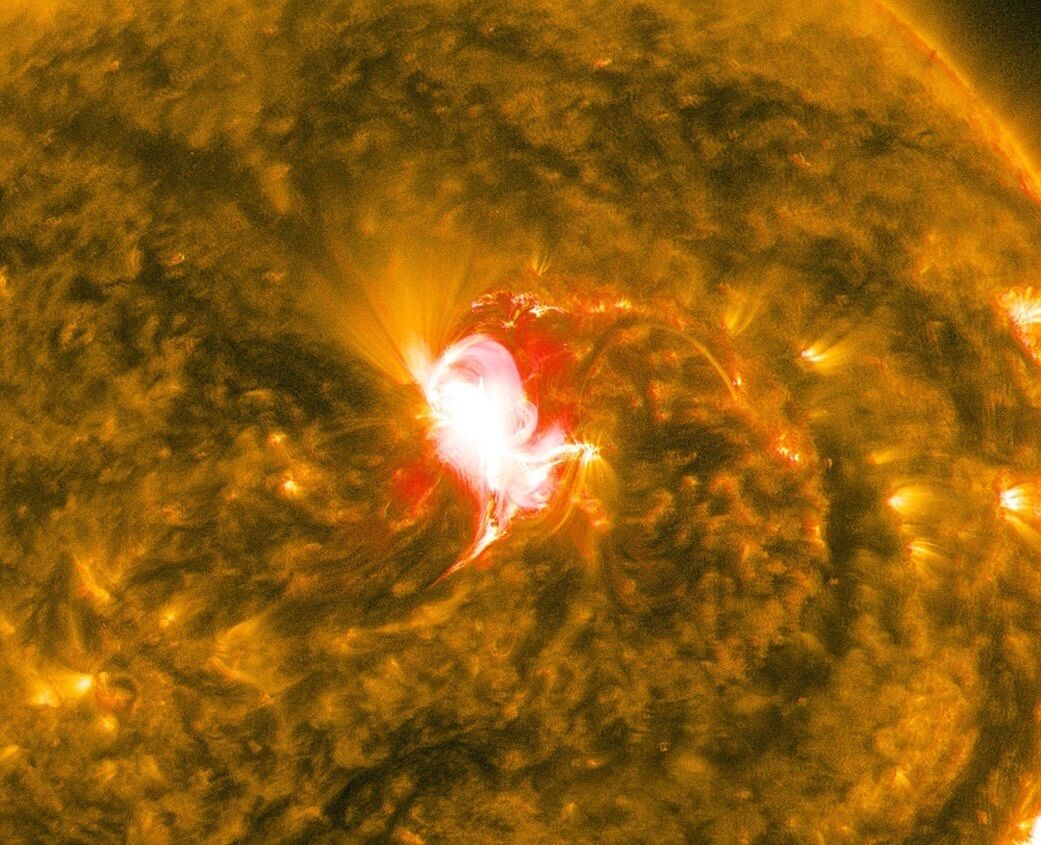News
Scientists have learned to predict solar storms. Video of the latest research
Scientists say that thanks to new research, it will now be possible to predict the exact rate of coronal mass ejection (CME) during solar flares. And also when this ejection will reach the Earth.
Space storms often cause geomagnetic storms that can potentially damage technologies in Earth's orbit and on its surface. Therefore, experts from all over the world are striving to improve space weather forecasts, the Royal Astronomical Society writes.
According to scientists, CMEs are flashes of gas and magnetic fields ejected into space from the sun's atmosphere. They are powerful eruptions that send huge clouds of solar plasma flying into space at millions of miles per hour. When CMEs are launched to Earth, they can enhance the aurora borealis and cause disruptions to satellites, the power grid, and communication systems.
Researchers from Aberystwyth University in Wales say they have found a way to predict the speed of CMEs before these powerful storms explode from the Sun's surface.
"Our research not only improves our understanding of the Sun's explosive behavior, but also significantly improves our ability to predict space weather events. This means better preparing for and protecting the technological systems we rely on every day," said lead author Harshita Gandhi, a solar physicist at Aberystwyth.
Gandhi and her team of researchers studied sunspots, active regions on the solar surface that serve as launching pads for CMEs and solar flares. The scientists investigated the "critical height" (the height at which a sunspot's magnetic field becomes unstable, potentially leading to the birth of a CME).
"By measuring how the strength of the magnetic field decreases with height, we can determine this critical height. This data can then be used in conjunction with a geometric model used to track the true speed of a CME in three dimensions, not just two, which is essential for accurate predictions," explained Harshita Gandhi.
According to the expert, the findings show a close connection between the critical height at the beginning of a CME and the true rate of ejection. "This understanding allows us to predict the speed of eruptions and, as a result, the time of their arrival on Earth. Even before the CME completely explodes," the study author summarized.
The researchers emphasize that "understanding and using critical altitude improves scientists' ability to warn of an approaching CME, helping to protect the technologies on which modern life depends."
Only verified information is available on the OBOZ.UA Telegram channel and Viber. Do not fall for fakes!





























